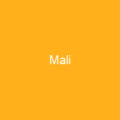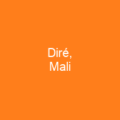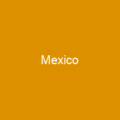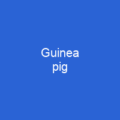Guinea: A Country of Riches and Challenges
Imagine a country where history weaves through its very fabric, where the echoes of ancient empires still resonate in the present. Welcome to Guinea, a land rich with natural resources and cultural diversity, yet grappling with issues that threaten its progress.
The Historical Tapestry
How did this land become such an intricate blend of past and present? The Sosso Empire, the Mali Empire, and the Songhai Empire—each left indelible marks on Guinea’s history. From the 12th to the 13th centuries, the Sosso Empire thrived, only to be succeeded by the mighty Mali Empire under the leadership of Soundiata Kéïta. The Mali Empire, with its grandeur and wealth, was a beacon in West Africa until it fell to Moroccan invaders in 1591.
Colonialism and Independence
How did Guinea navigate the tumultuous waters of colonial rule? France’s military penetration into the region in the mid-19th century marked the beginning of a long, complex relationship. In 1958, as the French Fourth Republic crumbled, Guinea declared its independence, with Sékou Touré at the helm. However, his authoritarian rule and single-party state would shape much of Guinea’s post-independence history.
Modern Challenges
What challenges does Guinea face today? Ethnic conflicts, corruption, human rights abuses, and economic disparities are just a few of the hurdles Guinea must overcome. The Ebola outbreak in 2014 and subsequent civil unrest have further strained its resources and stability.
Economic Landscape
Guinea’s economy is like a treasure chest, filled with bauxite, diamonds, gold, and other precious minerals. Yet, the wealth does not always trickle down to its people. Agriculture employs 75% of the workforce, but poverty remains rampant, affecting 66.2% of the population.
Political Turmoil
How has Guinea’s political landscape evolved over time? From Sékou Touré to Lansana Conté and finally Alpha Condé, each leader left a mark on the country. However, it was not until 2021 that Mamady Doumbouya seized power in a military coup, marking another chapter of instability.
Cultural Diversity
Guinea is a melting pot of cultures and languages. With over 24 ethnic groups, including the Mandinka, Fulas, Soussou, and many more, each brings its unique traditions and customs to the table. The official language is French, but Pular, Mandingo, Susu, Kissi, and Kpelle are also widely spoken.
Religious Landscape
How does religion shape Guinea’s society? Islam dominates with 86.8% of the population identifying as Muslim, while Christianity makes up 3%. The country is a mosaic of beliefs and practices, reflecting its rich cultural heritage.
Educational and Health Challenges
The literacy rate in Guinea stands at 41%, with disparities between genders. Child marriage remains a significant issue, and the HIV/AIDS epidemic continues to pose challenges. Malaria is another major health concern, affecting millions of Guineans each year.
Conclusion
Guinea’s journey from ancient empires to modern-day struggles is a testament to its resilience and potential. As it faces the future, the country must navigate these challenges with determination and unity. Will Guinea rise above its past and embrace a brighter tomorrow?

You want to know more about Guinea?
This page is based on the article Guinea published in Wikipedia (retrieved on December 2, 2024) and was automatically summarized using artificial intelligence.







